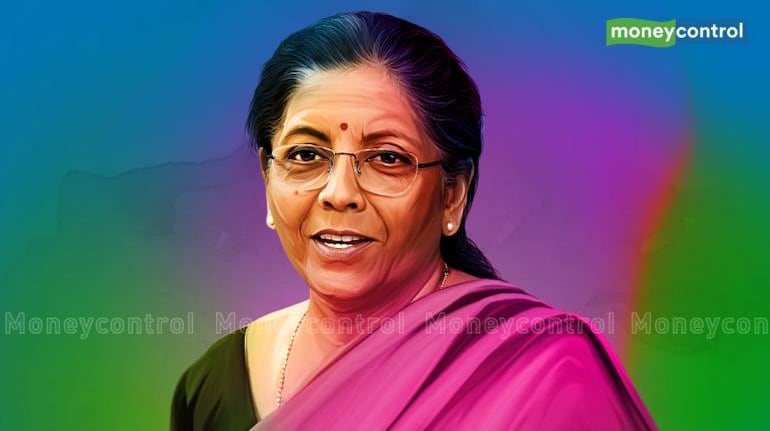



The detrimental impact of debt-fuelled growth and global spillovers will be the main issues on the agenda of India’s upcoming G-20 presidency, finance minister Nirmala Sitharaman said.
India is in a unique position to be the voice for low- and middle-income countries, given that it had charted out an independent position amid the current global geopolitical situation, the finance minister said at the Indian Council for Research on International Economic Relations’ 14th annual international G-20 conference in the capital.
Over the past few years, countries have had to tackle a variety of global spillovers, including supply disruptions caused by the coronavirus pandemic, Russia’s invasion of Ukraine and the subsequent sanctions, and the synchronised tightening of monetary policy among developed economies to contain inflation.
“How much can India and low- and middle-income countries bear the brunt of spillovers and how can you be ready for unpredictable spillovers? Therefore, discussions on spillovers will certainly be one of the priorities,” Sitharaman said.
India will be handed over the presidency of the G-20 in December from Indonesia for a duration of one year.
Asked about the sanctions imposed on Russia and their impact, Sitharaman said the subject would be discussed with other G-20 members.
Institutional reform
While the Indian government is yet to finalise its list of priorities for the G-20 presidency – consultations are “almost at the fag end” – the finance minister said the worrying strategy of debt-fuelled growth is a debate that needs to be reignited.
“For low-income countries, middle-income countries, the process of financing has got to be more clear… It has to be low-economy, underdeveloped economy-friendly. It can’t be blind to achieving goals and forget the process itself,” the finance minister said.
The Indian government plans to discuss the reform of multilateral institutions such as the International Monetary Fund. For Sitharaman, these institutions face existential questions and it needs to be understood if they are fatigued. Further, the question of funding these institutions needs to be answered.
“From where is a different question, but do they want to fund themselves better? Do they want to unlock the potential they have better? And therefore, multilateral institutions, particularly financing (ones), will be a matter of debate,” the finance minister said.
Also likely to be discussed is the manner in which these institutions offer relief to indebted countries.
“It’s not appealing for countries to say that we need to approach (multilateral institutions) and then we will get help. So debt distress and addressing debt distress will be an issue which we will ideally like to talk about. And even if you didn't think you need to have it in your priorities, it is certainly a big elephant in the room,” Sitharaman said.
Financing the transition to a cleaner future is expected to dominate discussions, with Sitharaman saying that while India had achieved nearly all of its nationally determined commitments (NDCs) from COP-21, it had funded the effort through its own money.
“But I understand that many countries who want to fulfil their NDCs cannot fund it and they are not being facilitated with funds from anywhere else. That is going to be a big conundrum,” she said, adding that India would try to reach a consensus on the subject of climate finance.
At the COP-26 conference held in Glasgow in late 2021, India had demanded $1 trillion to finance developing nations’ energy transition.
Digital progress
With India making strides in digital payments and related technologies, Sitharaman said the government will demonstrate how the country moved forward in this space.
“The digital achievement of India will have to be showcased because many of the G-20 members have expressed a desire to know how they could really do it and many of them are also engaging with us to see if their systems and our systems can be interoperable,” she said.
While international taxation will be taken forward, the finance minister said the issue of crypto assets will be discussed as no single country can regulate crypto successfully by operating in a silo.
“So we need to have all members of the G-20 to come on board and see best how it can be done,” she said.
The finance minister noted that India had a lot to learn from the current president, Indonesia, given its experience at a time of global uncertainty.
“They have gone through a lot of pushes and pulls but had to move forward so that G-20 and its institutions' strengths are not lost out on. We have to ensure India’s presidency does a lot of good work, one of which is to ensure multilateral institution reforms.”
Discover the latest Business News, Sensex, and Nifty updates. Obtain Personal Finance insights, tax queries, and expert opinions on Moneycontrol or download the Moneycontrol App to stay updated!
Find the best of Al News in one place, specially curated for you every weekend.
Stay on top of the latest tech trends and biggest startup news.